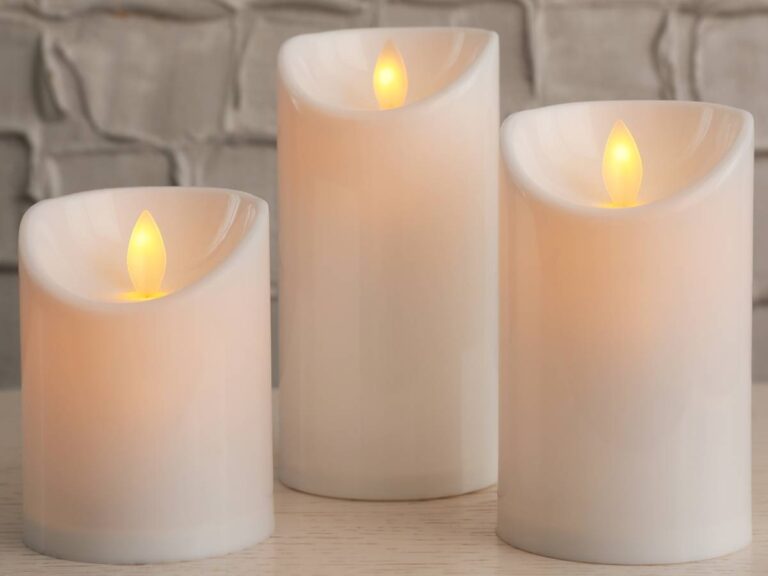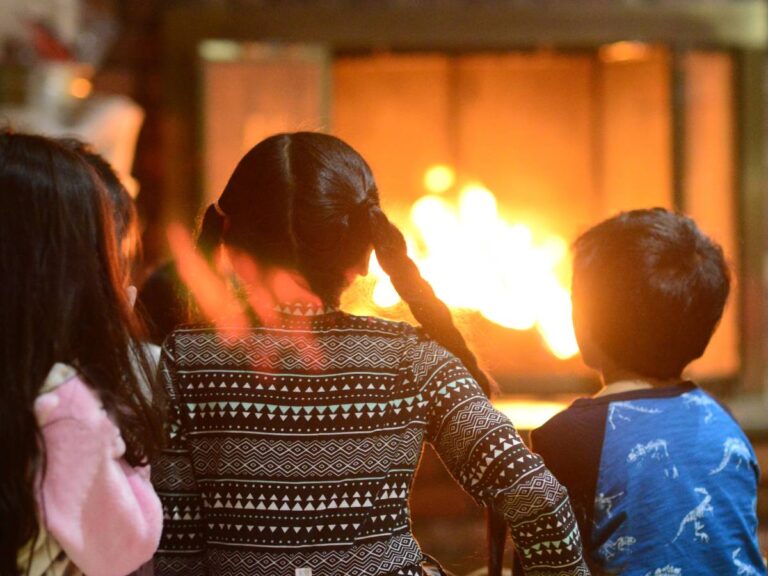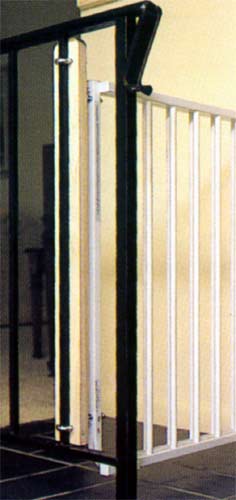Home Fire Prevention & Safety Tips
Each year, hundreds of thousands of household fires cause billions of dollars in damage to family homes. Damage occurs not only from flames but from smoke and the water used to extinguish fires. Even small fires can cause widespread destruction in a home. However, you can avoid fire dangers by following these home fire safety tips.
The Most Common Causes of Household Fires
According to the National Fire Prevention Association, the five main causes of household fires include:
- Candles
- Electrical Cords and Faulty Wiring
- Space Heaters
- Careless Smoking
- Stovetop Cooking
To protect your family and home, you can start by putting these simple home fire safety tips into action.
1. Burning Candles are a Top Home Fire Safety Hazard
According to experts, candles are a leading cause of accidental home fires, but most could be easily prevented. Candles should never be placed near curtains or other flammable items, and they should always be located on a stable surface away from pets and children. Candle wicks need to be trimmed to avoid tall flames, too, and burning candles should never be left unattended.
You can avoid the dangers that open-flame candles pose by using battery-operated candles instead. These are a smart, flame-free alternative to traditional candles, especially in homes with small children. Battery-operated candles are also a much safer option for lighting up busy gatherings and parties.
2. Watch Out for Faulty Electrical Cords and Wiring
Another top home fire safety tip is to periodically inspect electrical devices for frayed or damaged cords. If light switches or wall sockets operate intermittently, replace them. If a breaker repeatedly shuts off, have an electrician check your breaker box to find the cause.
Also, lighting fixtures that dim on their own may be a sign of an impending electrical issue in ceilings and walls. And of course, never overload a socket with multiple plugs or cut the ground prong of any plug to make it fit an older, non-grounded socket.
3. Keep Safety in Mind When Using Space Heaters
If you need portable heaters, keep them well away from curtains, furniture, and other flammable materials. Always place electrical heaters on even, stable surfaces and use space heaters with tip-over cutoffs that automatically turn off the heater if tipped over.
Another smart home fire safety practice is to never use an extension cord or surge protector with an electrical heater. Also, avoid using a space heater with a damaged cord or plug.
4. If You Smoke, Smoke Smart
Despite the decline in smoking, smoking-related fires are still very common. Smoking should never be done in bed or when in a reclining position on furniture. Cigarettes and cigars should always be fully extinguished and cooled before disposal. And, of course, never leave lit cigarettes unattended.
5. Keep an Eye on the Stove When Cooking
Stovetop fires are the most common cause of kitchen fires. Knowing how to deal with a stovetop grease fire can keep it from spreading, Never use water to extinguish a stovetop grease fire. Instead. quickly (and carefully) place a lid on the pot if the fire is contained. Or, if it’s spreading, grab a kitchen fire extinguisher to save your home and family.
Don’t have one handy? Check out these low-cost options on Amazon. They cost far less than repairing your home after a stovetop fire.
Home Fire Safety Starts with Fire Extinguishers and Smoke Alarms
Fire extinguishers come in several sizes, from small models that fit in a kitchen cabinet, like those covered above, to larger models that provide more coverage. It’s smart to have one in the kitchen, garage, and on each level of the home, like the basement or second floor.
Fire extinguishers are classified by the types of fires they are intended to extinguish.
- Type A Fire Extinguishers: Used to extinguish burning wood, paper, cloth, and other basic materials
- Type B Fire Extinguishers: Intended to extinguish oil fires, including oil-based paints and gasoline
- Type C Fire Extinguishers: For use on electrical fires frequently caused by small appliances and wiring
Most household fire extinguishers are rated “ABC” and designed to extinguish various smaller accidental home fires. However, you might want a specific type of fire extinguisher in a workshop or garage, depending on how you use the space.
Smoke Alarms Are Your Best Early Warning System
Every home should have working smoke alarms, too. These are invaluable for saving lives and property in the event of a fire. In fact, smoke alarms are inexpensive and one of the most effective ways to keep your family safe if a fire breaks out in your home.
Smoke alarms should be in every occupied room in a home and in hallways and tested regularly. A good rule-of-thumb is to test smoke alarms and change the batteries twice each year when daylight savings time starts and ends.
Have a Home Fire Safety Escape Plan
Take time to consider an escape plan should your home become involved in a fire. How would you exit if one or more doors were blocked by flames? What windows would suffice to escape from your home? Is there a fire-escape ladder accessible on the second floor of a home to facilitate a safe exit in the event of a fire?
Create a list of your fire escape routes and a safe meeting place outside of the home in case of a fire. Then, make sure everyone in your house knows the plan. Consider running a few fire drills to help kids understand what to do if the worst ever happens.
Don’t Forget to Protect Physical and Digital Valuables
Damage from a household fire can also be minimized by protecting valuables and important documents. Place important items and papers in a fireproof portable safe that you can grab and go in seconds if needed.
It’s also a good idea to regularly back up data, photos, and other important digital information to cloud-based storage to protect them from all types of disasters or device loss. Or, regularly back up important digital files to portable hard drives and place these in your portable fire safe, too.
Home Fire Safety: The Bottom Line
Household fires can and will happen. However, the likelihood and damage done in your home can be minimized with some common sense steps and preparation. Take a look around your house and check it against the tips covered above. You may be able to take a simple step or two today to prevent a fire tomorrow.






